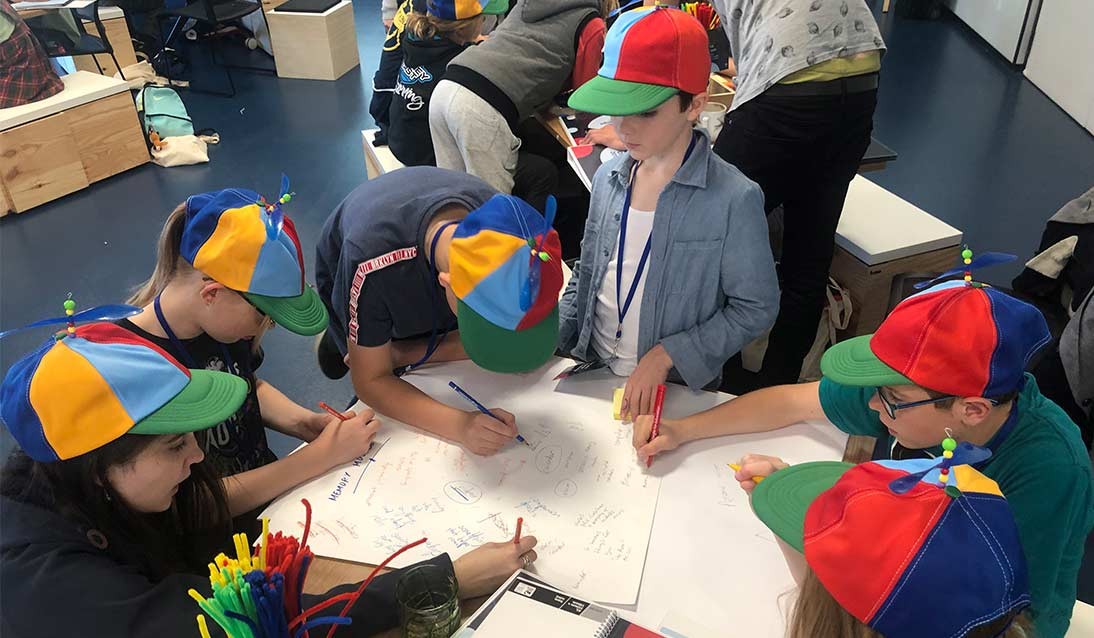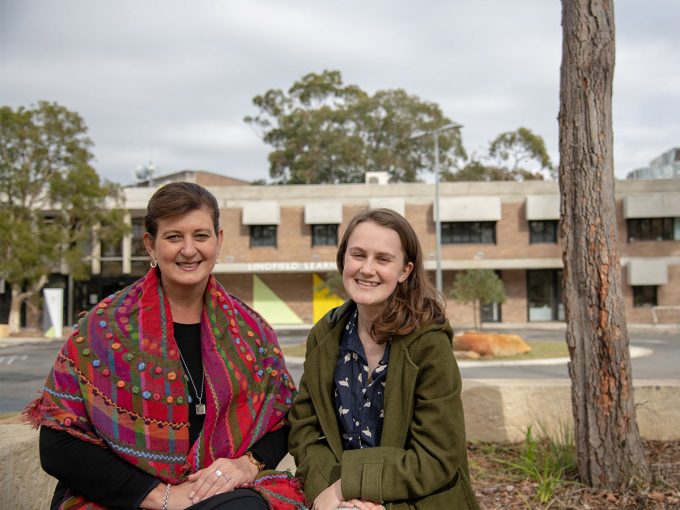It’s a classroom not a court room, advocates Adam Voigt

Let me commence this article with a disclaimer and a positive word for those of you who have people in the legal fraternity in your lives.
They battle a reputational problem not easily overcome when there are equally cruel and clever jokes about their profession, such as “What do you call 100 lawyers at the bottom of the ocean? A good start.”
My article today is not a direct attack on the good people who daily preserve the laws and and rules that underpin our democracy and our freedoms. It’s merely to point out that schools are not judicial systems.
Your classroom is for learning and not for judgment. It’s a room of inquiry and relational restoration and not a place to get a ruling on blame from an authoritarian body. Schools should have an entirely different purpose to court rooms and when we invite mechanisms from our courts into our schools, we’re asking for trouble. Let me explain why through a typical teacher anecdote.
Teacher returns wearily to class after lunch ready for what’s sometimes called the “graveyard shift”. After all, it’s reasonably universally accepted that teaching students in the afternoon, when they are devoid of energy and brimming with impatience for the end of the day, increases the teaching difficulty to some extent.
Teacher then welcomes the students into the room, but something within what we call our teacher radar begins beeping with alarming ferocity. Teacher isn’t quite sure what has happened at lunchtime but something certainly has. Teacher immediately locates the students affected with a quick Terminator-style scan of the room where facial expressions are rapidly analysed. Potential perpetrators and likely victims – target identified.
The fundamental problem with this oft-seen scenario is what happens next. Teachers are subjected to a wide variety of witness accounts in their pursuit to get themselves to the scene of the crime. We weigh each account like a detective triangulating it against friendship alliances and also the credibility of the witness. It can feel sometimes like you’ve launched “Educational CSI” with yourself positioned as the judge.
Your arbitrary ruling is eagerly awaited and also influenced by your students, who have now positioned themselves as the lawyers in this episode. A crude explanation of the role of any lawyer might be to help us lie. More moderate, and perhaps accurate, would be to say that they represent our side of the story with the express purpose of minimising the potential of a negative outcome upon us.
When a punishment is on the line, we’ll stretch the truth, we’ll bend our principles and we’ll compromise the facts. Well, at least that’s what a wellpaid lawyer would do. From a learning perspective, the key issue we have here is that we’re teaching our students little more than how to manipulate a judicial style system to their own advantage.
Worse, we’re giving them practice at it and preparing them for a lifestyle of avoiding responsibility, for with responsibility comes consequence. From a teaching perspective, we can plunge oodles of your most precious resource – time – into these pointless investigations. You can collect witness statements from each body in the playground within a 100m radius of the alleged incident and still feel no closer to the truth.
Of course, you could just trust that teaching radar we mentioned earlier, but your hunch is hardly going to stand up to the most scrutiny inclined parent. And so, if classrooms really are for learning, and not for rulings, punishments, Royal Commissions and the creation of the world’s next generation of bush lawyers, how exactly do we see these behavioural and relational infractions as learning opportunities?
Well, it begins with ensuring that all relics of the judicial system are absent from your approach so as to encourage learner, rather than lawyer, behaviours.
Here’s my Top 5 suggestions:
- Refuse to investigate beyond getting a rough gist of what happened. “OK, so there was some nasty language between you all and it ended up getting a little physical. Alright – I get what happened” is a good sentence to learn by heart.
- Focus on the harm of the behaviour, rather than trying to work out who is to blame.
- Compel students to repair the harm themselves, rather than wait for your ruling.
- Repeat this past-present-future methodology often enough that you are able to facilitate it nimbly, creatively and rapidly.
- Enjoy the extra time you just created for yourself.







